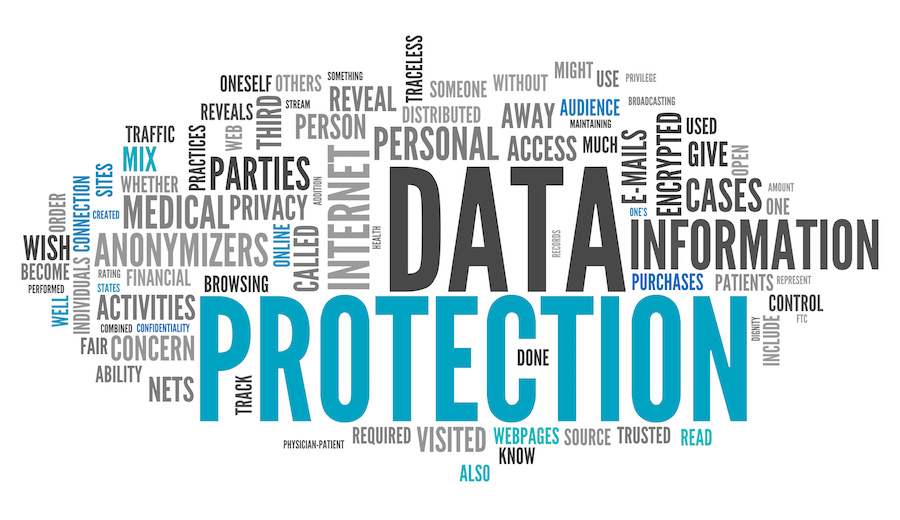Every organisation has areas of risk, but some risks to information are more universal than others. For example human error is an information risk that could lead any kind of business into an information management disaster. Some threats to information are industry-specific whilst others could depend on the size of a business. A multinational corporation, for instance, is probably more vulnerable to cyber-attacks than its smaller, less well-known, competitors.
Information Management: 4 High Risk Sectors
There are some sectors that rely more heavily on the efficient processing of data than others, and these sectors are more risk-prone of falling foul to an information management disaster. Employees in these sectors often have to process high volumes of data at speed and the majority of this data will be absolutely critical for the smooth running of day-to-day operations.
1. Legal

The legal profession uses large quantities of information when handling any given case. Often lawyers will be expected to look after confidential information pertaining to their clients. If this information is of high value, such as a case that is being covered extensively by the media, it could be incredibly vulnerable to theft.
Solicitors will be required to mediate on behalf of their clients’ during the drafting of commercial transactions and when such deals are being negotiated both parties will exchange important corporate information. Solicitors must keep all such corporate information secure whilst it is under their watch. Any kind of leak could be hugely detrimental for lawyer-client trust and could lead to nothing short of an information management catastrophe.
2. Healthcare

Doctors and health care professionals are constantly generating and storing confidential medical records belonging to their patients. For an efficient health care system this information has to be readily accessible. That said, sensitive patient data must also be adequately protected. The NHS has been at the centre of many data breaches in the past.
It was recently reported that in the last financial year the NHS was affected by over 100 data breaches, which was an 81% increase on the year before. Although these breaches were mostly very minor, and do not count as information management disasters, they are nonetheless stark reminders of how easy it is for potentially sensitive information to be unintentionally disclosed.
3. Government

In recent times the UK government has debated almost continuously on how best to process and protect information belonging to the general public. The UK government is currently preparing the ground to make changes to laws regulating how public bodies share information on citizens; the government wants to make data sharing across different government bodies easier.
Initiatives such as these need to be implemented with the security of citizens’ personal information in mind. Although data accessibility is desirable, it can leave information more unprotected.
Governments across the globe are at risk of being the target of diplomatically motivated cyber-attacks launched by hostile nations. The UK government, unlike the U.S, has not been affected by an international information management disaster in recent times.
Last year 21.5 million U.S government workers had their personal information leaked in a data breach that was widely believed to have been orchestrated by China. The Office of Personnel Management, the department from which the data was stolen, came under immense criticism from other government officials and the public during the aftermath of the breach.
4. Finance

From 2012-2015 data breaches in the UK’s financial sector increased by a staggering 183%. In June 2015 it was reported that in the past two years the Information Commissioner’s Office had investigated 791 instances when data protection laws had been breached in the UK’s financial services sector. In over 150 cases transgressions of the Data Protection Act led to personal information being disclosed.
The UK’s leading banks hold valuable financial information belonging to millions of customers and clients from all corners of the world. It is not surprising then that banks are frequently targeted by cyber criminals.
Since one of the US’s leading banks, JP Morgan, was hit by a data breach in 2014 which affected 75 million of its’ customers, as well as several million SMEs, the financial sector has become far more vigilant when it comes to data security. The sector is known to regularly carry out mock cyber-attacks on data tape backup stores to test its’ defences in order to prevent an information management disaster in the future.










